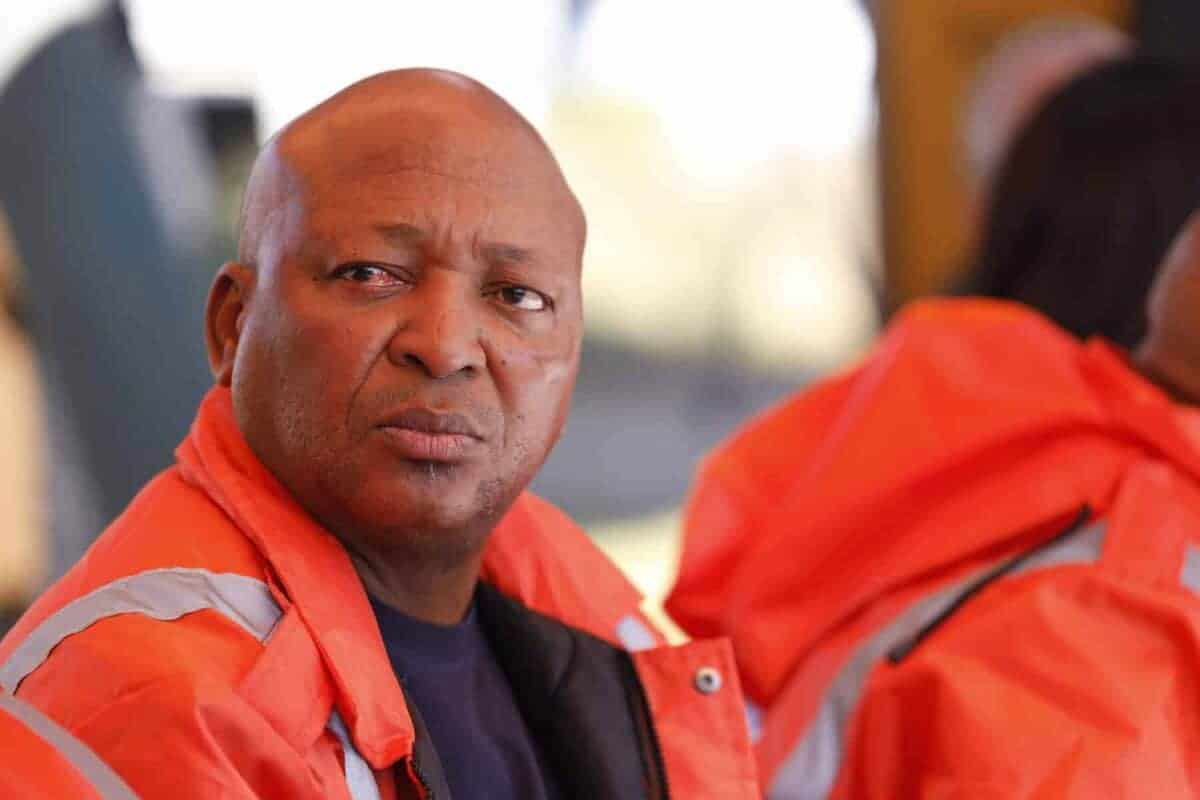The Kunene case highlights growing acceptance of criminal ties in politics, risking public trust and democracy.

In recent years, the line between politics and criminality in South Africa has become increasingly blurred. This troubling trend continues with the issues around former Joburg MMC for transport Kenny Kunene.
This after he was found at the home of Katiso “KT” Molefe, a suspect in the gang-style murder of nightclub owner DJ Sumbody, real name Oupa Sefoka.
The incident raises serious questions about the integrity of this country’s political leaders.
His presence at Molefe’s house is not just a matter of poor judgment; it is a glaring example of the erosion of ethical boundaries.
As a reformed ex-prisoner who has been striving to be taken seriously by the public, Kunene should have been acutely aware of the implications of associating with a murder suspect.
His claim that he was there to help a journalist investigate a story for his online news platform is unconvincing, especially since he has not named the journalist and the story was not found on the platform.
ALSO READ: Former gangsters show ANC the way
This incident is symptomatic of a broader issue: the gradual acceptance of relationships between politicians and individuals involved in criminal activities.
While politicians have often been referred to as thieves in suits for misappropriating public funds, there remains an expectation that they should not be associated with criminals (suspects or not).
This expectation is not just about maintaining a clean image; it is about ensuring that political leaders are above reproach and can be trusted to act in the best interests of the public.
The case of Kunene is particularly concerning because he oversees a department that issues lucrative tenders, which could attract the attention of the construction mafia.
It is, therefore, imperative that he and other politicians in similar positions be above suspicion of having links with individuals involved in criminal activities.
The public’s trust in the political system is already fragile and incidents like this only serve to further erode that trust.
ALSO READ: Is Kunene’s political career over?
Some online commentators have suggested that Kunene should have simply admitted to being friends with the murder suspect, arguing that there is no law governing who he can be friends with.
This perspective is shortsighted and overlooks the fact that Kunene is the deputy president of the Patriotic Alliance (PA), a party that is part of the government of national unity.
Accepting a party’s links with the criminal underworld while it holds a seat in the Cabinet would set a dangerous precedent, potentially allowing criminals to gain control over South Africa.
The swift action taken by PA leader and Sport, Arts and Culture Minister Gayton McKenzie to suspend Kunene for a month and allow “trusted” lawyers to investigate any potential links between Kunene and Molefe is commendable.
However, this should not be seen as an isolated incident, but rather as a wake-up call for all political leaders.
It is essential that politicians maintain a clear and unequivocal distance from individuals involved in criminal activities, regardless of their personal relationships.
ALSO READ: Kenny Kunene still deputy president of Patriotic Alliance
South African politics cannot afford to be tainted by associations with criminal elements. Government’s integrity depends on the trust and confidence of the public.
Politicians must be held to the highest ethical standards and any deviation from these standards should be met with swift and decisive action.
The day it becomes acceptable for a party to have links with the criminal underworld and still have a seat in the Cabinet is the day this country becomes a mafia state.
The stakes are too high and the potential consequences too severe. Government leaders must be beyond reproach and their actions ethically acceptable.
SA’s democracy depends on it.
Support Local Journalism
Add The Citizen as a Preferred Source on Google and follow us on Google News to see more of our trusted reporting in Google News and Top Stories.








